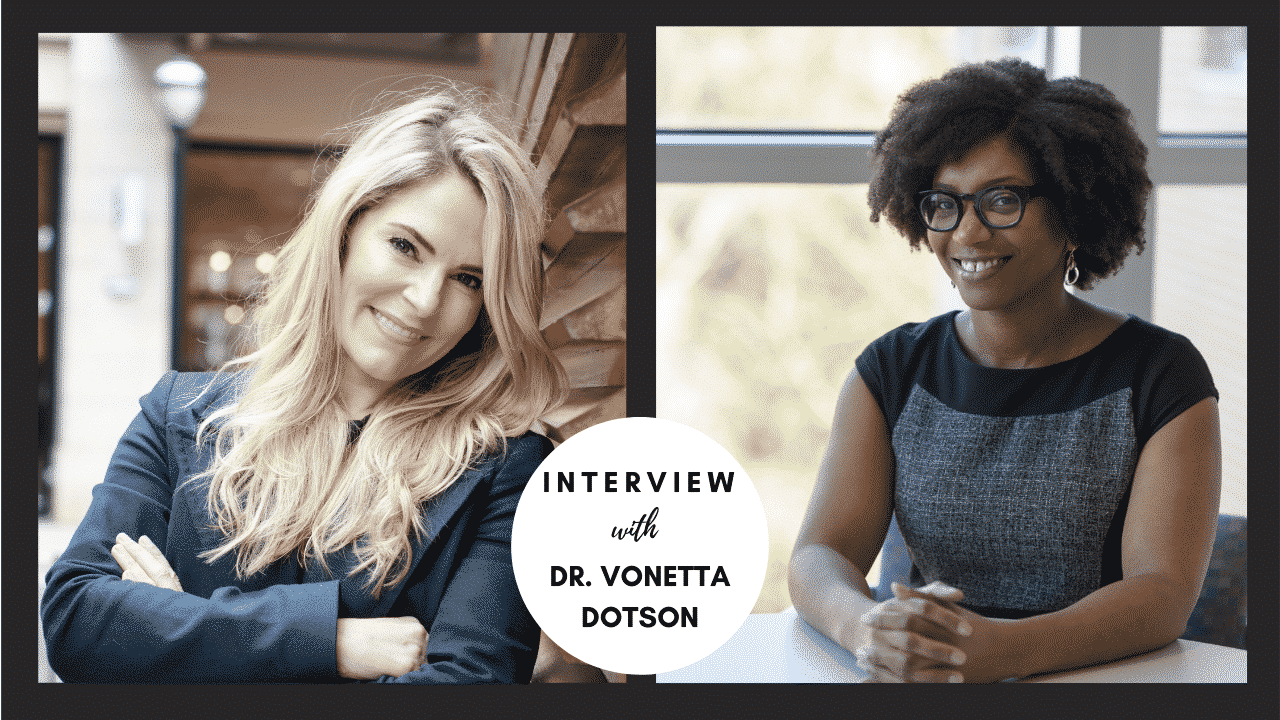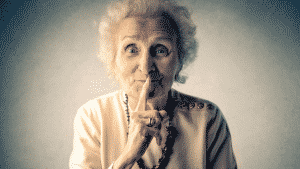Dementia is one of the most important, but often overlooked, health care issues related to older African Americans.
In fact, research shows that African Americans are two to three times more likely to develop a dementia disorder (compared to European Americans) and at the same time are less likely to be diagnosed early in the disease process and provided with adequate treatment.
The burning question is “WHY?!!”.
Luckily there are experts, like Dr. Vonetta Dotson, Neuropsychologist, who can help us understand why this is happening and what we can do about it.
In this week’s interview, Dr. Dotson shares biological, genetic, and social factors that increase the risk for dementia. She also shares what you can do to ensure that your loved ones are getting the best, most equitable and comprehensive health care. AND, she shares tips for keeping your own brain healthy!
So, take some time to listen to the podcast now!
Here’s a sneak peek at what you’ll learn from my interview with Dr. Vonetta Dotson
- [01:28] Dr. Dotson discusses health disparities related to dementia and African Americans and what contributes to these disparities, including medical problems, genetics, and cultural barriers.
- [07:07] Early detection in dementia and treatment, especially early in the illness process is essential to equitable care, Dr. Dotson shares why.
- [09:57] Dr. Dotson shares tips for African American families on how to get the best care for dementia in light of mistreatment and mistrust in the health care system.
- [15:56] The dementia diagnosis process is discussed and Dr. Dotson describes the benefits of seeing a Neurologist AND a Neuropsychologist for a comprehensive assessment to help determine a dementia disorder.
- [18:57] The dementia journey is long, Dr. Dotson shares recommendations for maintaining equitable health care along the course of dementia.
- [24:00] There are steps that we can take to reduce our risk for dementia and protect our brains as we age. Learn what you can do.
By the end of this episode, you’ll understand the biological, genetic, and social factors that increase the risk for dementia in African Americans, have a roadmap for getting your loved one the best, most equitable and comprehensive health care, and have strategies for keeping your own brain healthy!
About Dr. Vonetta Dotson
Dr. Vonetta Dotson is an Associate Professor of Psychology and Gerontology at Georgia State University, Senior Project Scientist for Behavioral Health at NASA (KBR), and Founder and President of CerebroFit Integrated Brain Health. She completed her doctoral training in clinical psychology at the University of Florida with a specialization in neuropsychology and a certificate in gerontology. She completed her postdoctoral training at the National Institute on Aging Intramural Research Program. Her research and clinical activities focus on positive and negative modifiers of brain health, including the intersection of depression with cognitive and brain aging.
Want a healthier brain? Follow Dr. Dotson and her Cerebrofit program on the following social media sites:





